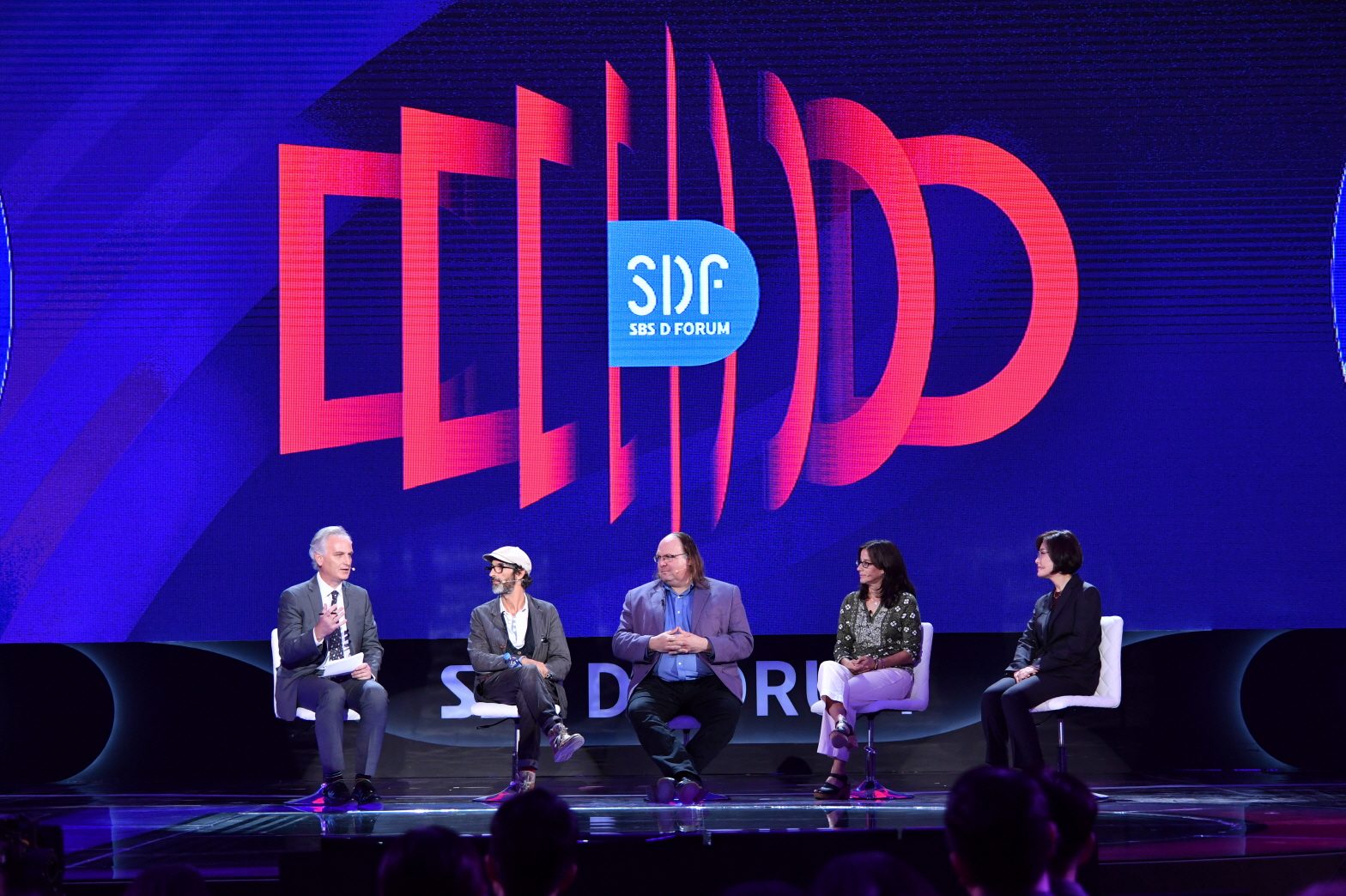Conflict and polarization are rampant today, both in the United States and around the world. According to polls and surveys, we are more divided now in our views than at any time in recent history. While the rise of social media has offered new opportunities for connection and amplified marginalized voices, it has also exacerbated divisions in society. Powerful currents of misinformation and deliberate disinformation have eroded trust in political institutions and the media, and citizens have become disengaged from each other, retreating into intellectually homogenous bubbles rather than engaging in civil discourse.
In this contentious environment, the media stands at an inflection point. Legacy media has declined in stature and influence in direct proportion to social media’s rise. Too often, the mainstream news is seen now as part of the problem rather than part of the solution, attacked by both sides for its partisan lean, and criticized around the world for stoking conflict and societal tensions rather than helping to alleviate them. And yet, a robust news media is more essential than ever in providing the factual information and essential context for citizens to understand and act in their world.
In this highly charged environment, how can journalists regain public trust and cover political polarization and conflict without aping its worst qualities? What role can journalism play in healing the rifts in society while still staying true to its mission of fairness and objectivity? A white paper put together by Nieman Reports, based on seminars in Seoul, South Korea in October 2019 and incorporating articles published by the Nieman Foundation as well as other research, explores these difficult challenges and offers some solutions based on the current work of journalists in the field.
Download the full white paper.



